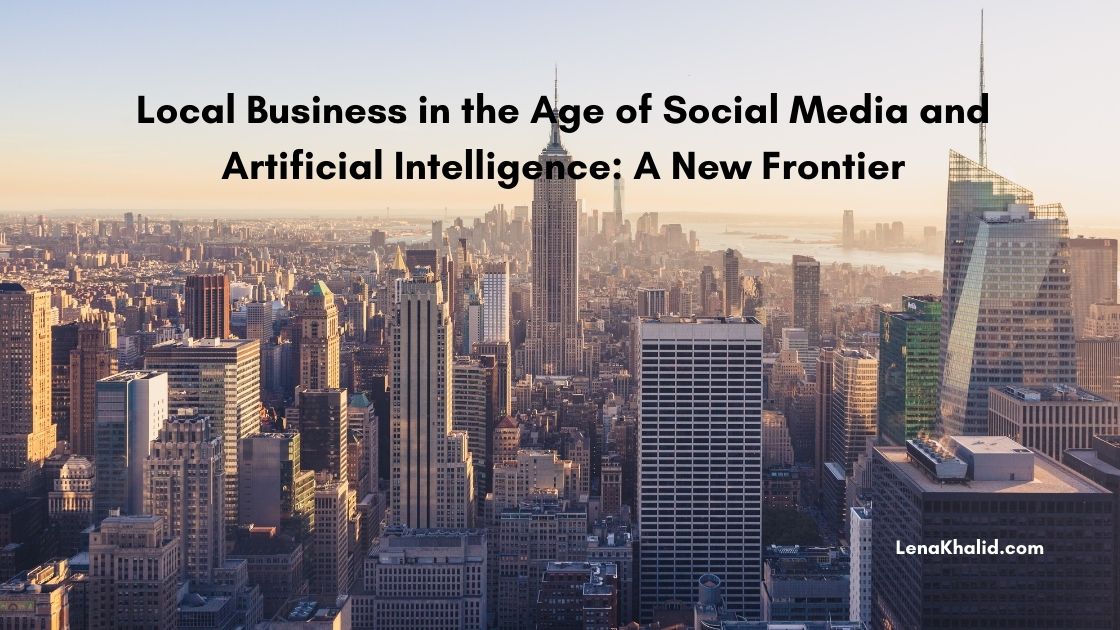
Why Are Some People Really Mean To Weather Forecasters And Climate Scientists?
There are people that can be really mean-spirited when they disagree about certain science topics. It has always baffled me. I dislike mustard and mayonnaise, but many people love them. I don’t get angry with them or demean them in a Tweet. There must be something deeper. As a scientist in the world of weather and climate, I am struck at times by the intense anger that I often observe. Some people get reeaaaaaaally angry if the weather forecast is not to their expectation, and the vitriol surrounding climate change discussions is well-documented. I am sure there is complexity to this seemingly irrational hyper-anger that goes beyond the 800 words I have to offer but let’s explore it anyhow.

16 August 2019, Berlin: A participant of the climate demonstration “Fridays for Future” holds his … [+]
picture alliance via Getty Images
I was motivated to write this piece after seeing reactions to a new study that just appeared in the American Geophysical Union (AGU) journal Eos. The paper is entitled, “The Emotional Toll of Climate Change on Science Professionals.” The paper discusses how weather-climate related professionals face a significant amount of stress in conveying information about devastating hurricanes or the looming impacts of climate change (picture above). It also provides recommendations for addressing mental well-being. After Hurricane Michael (2018), I wrote an open letter to the National Hurricane Center staff to thank them and all meteorologists for their service. I also remarked about “the mental stress meteorologists deal with while conveying life-altering information.”
I found the reaction to this new paper to be strange and disappointing after one of the authors, Accuweather meteorologist Becky DePodwin, tweeted it on December 6th. While most comments were supportive, there were some downright evil, unfortunate, and pathetic comments too. I couldn’t help but notice that the majority of the mean-spirited comments were by men. Last year in Forbes, I wrote about how an overwhelming majority of the odd, Dunning-Kruger Effect-laced emails that I receive about climate change also come form a very homogeneous demographic. Dr. Katharine Hayhoe’s observations are also consistent:
I’ve roughly tracked this, and out of several dismissives who’ve come at me on social media, I’d estimate 0.5% women, 60-70% clearly self-identify as male, the rest likely male but can’t tell for sure from avatar/handle
The recent attacks on teen activist Greta Thunberg exemplify this behavior as well.
Alva Noe opined in a 2011 NPR editorial that anger surrounding climate change may be rooted in “resentment that others are demanding a certain emotional response from us and pretending that the facts alone justify the response, and a general unwillingness to acknowledge that all this emotional stuff is going on, create a situation of pain and conflict, of anger and despair on both sides of the debate.” However, a 2017 study goes deeper. Jonas Anshelm and Martin Hultman recently published a study in the International Journal for Masculinity Studies. They found a strong public and parliamentary consensus on anthropogenic climate change, but a small group of what they referred to as “climate skeptics” disagreed.
Demographically, they were overwhelming older men with influential positions within private companies or academia. Interestingly, the authors found that this group felt marginalized and oppressed. This likely leads to an anger that forces them to mistrust government regulation, fight for market society, and advocate for natural science rationality. The primary conclusion, as stated in the abstract of the paper, is “climate sceptics in Sweden can be understood as being intertwined with a masculinity of industrial modernity that is on decline.”
If anger can help us self-medicate against all sorts of psychological pain, it is equally effective in helping ward off exasperating feelings of powerlessness. And here again, Stosny’s hormonal account of anger arousal is suggestive. Not only does our brain secrete the analgesic-like norepinephrine when we’re provoked, but it also produces the amphetamine-like hormoneepinephrine, which enables us to experience a surge of energy throughout our body—the adrenaline rush that many of my clients have reported feeling during a sudden attack of anger.
The group in the Swedish study sounds an awful lot like the “9 percent Dismissive” group that emerges in the Yale Program on Climate Change Communication’s 6 Americas study and that you see in social media. This group is quite sure that anthropogenic climate change is not happening. They also aggressively and vocally express disdain for the science “establishment”, scientists, and certain solutions. Because of the intensity and persistence of their approach, they can seem more prevalent than the actual numbers. The graphic below shows the trends in each of the groups in the 6 Americas from 2013 to 2018.

Trends in the 6 Americas study from 2013 to 2018
Yale Program on Climate Change Communication
I think much of the Anshelm and Hultman study is common sense. It reflects a “self-preservation, victimization, and protection of status quo” mentality that often arises in many facets of a dynamically-evolving society. However, there has to be more. Why the anger over something as simple as a weather forecast? I have written time and time again about the misperception that weather forecasts are always wrong. In fact, they are right most of the time, especially within a few days. People tend to focus on the occasional “miss,” display unrealistic expectations, or misunderstand the probabilistic forecasts (this is a big one). I certainly understand the frustration of having your family cookout rained on unexpectedly, but the anger is sometimes waaaaaaaay out of perspective.
My colleague Dennis Mersereau explored why meteorologists receive so much hate in an editorial. In that piece, he chronicled the hate mail that meteorologists receive because of a forecast, the type of clothing worn, or even hair styles. My colleague Rhonda Lee lost her job for defending her natural hairstyle against a viewer’s opinion. Ginger Zee is one of the best meteorologists (and yes she has a degree) in our field. She is a very high profile so endures her share of attacks, but I also love that she dishes it back too. But really, who sits around and writes mean Tweets or letters to meteorologists?
Some people often are even sent into “orbit” if they miss their favorite TV show or the game when a meteorologist breaks in for potentially “life-saving” coverage of severe weather. My former student at the University of Georgia, meteorologist Ella Dorsey, actually received death threats because she interrupted the broadcast of the Masters golf tournament. Are you kidding me? Mersereau shared James Spann’s theory. Spann is a legendary broadcast meteorology in Birmingham, Alabama who attributes such reactions to an increasingly self-centered society.
I am sure that I have only scratched the surface with this discussion and there are other facets of “anger” in the climate discussion because of a perceived lack of inaction. I will deal with that in a future piece.
And at the end of the day, it is entirely possible that some people are just, well, mean.





